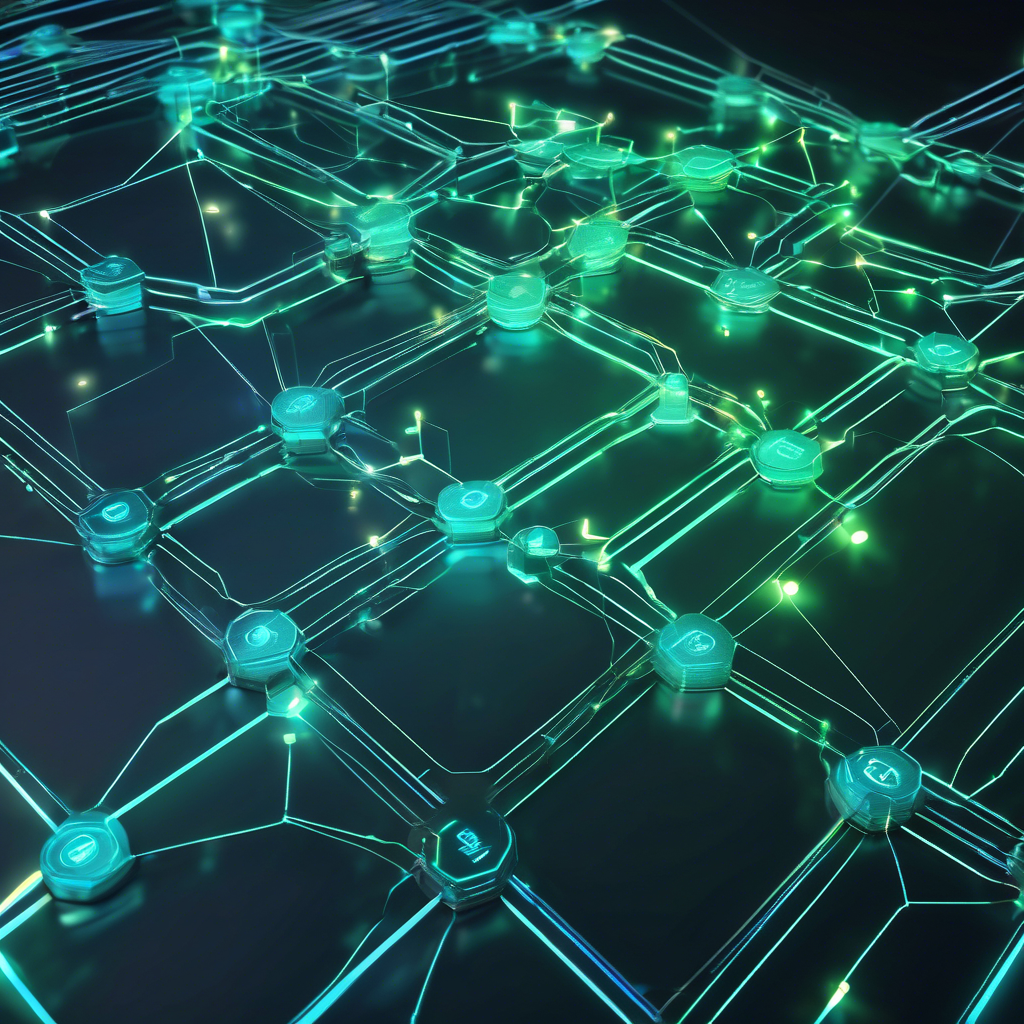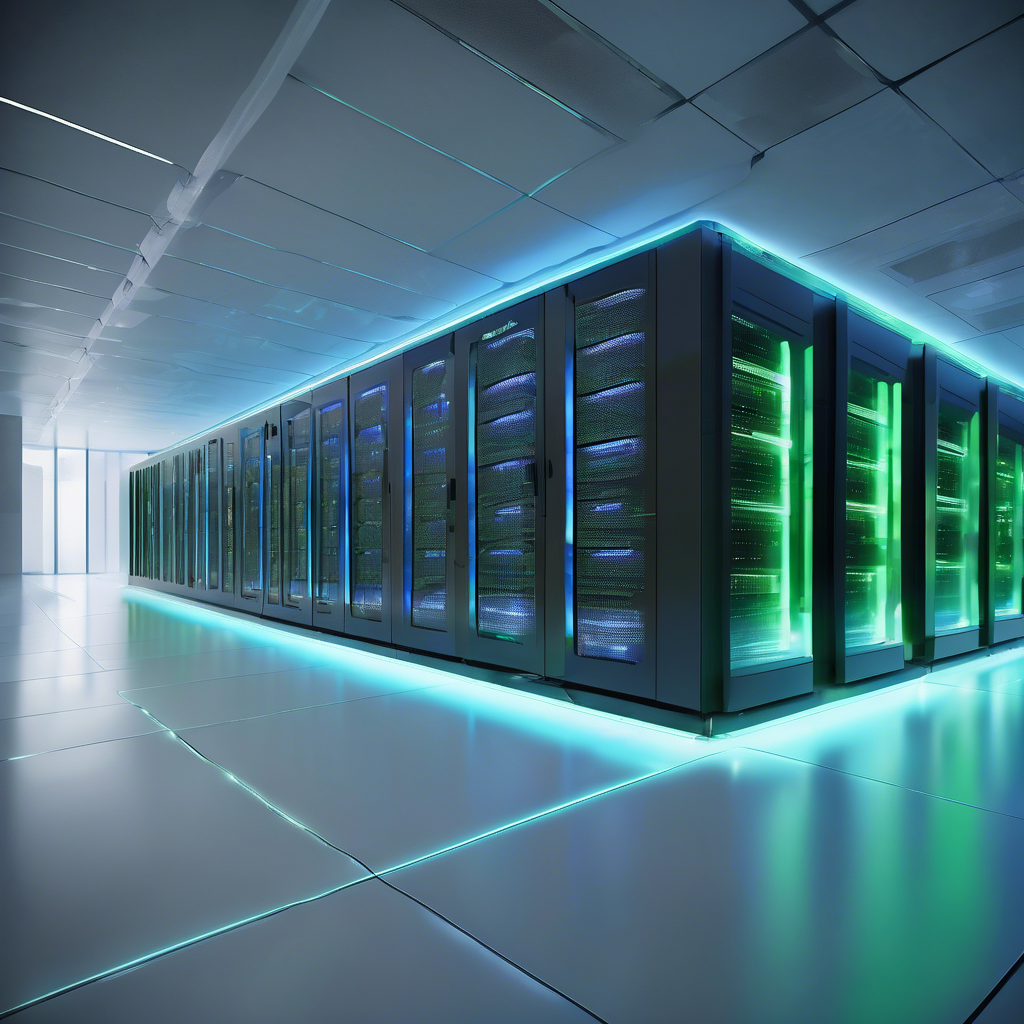AI-Powered Blockchain Framework for Predictive Temperature Control and Secure Energy Management in Smart Homes

Blockchain technology has become a strong solution for enhancing security and privacy in Internet of Things (IoT) systems by decentralizing data storage and securing transactions through cryptography, ensuring data immutability and protection from unauthorized access. Early work proposed lightweight blockchain frameworks for smart homes to safeguard user data from external attacks. Smart contracts further automate device actions based on defined triggers. However, blockchain’s computational demands and consensus mechanisms can introduce delays reducing efficiency in real-time applications. The integration of blockchain with machine learning (ML) is being explored to improve security management in 6G networks and optimize smart city infrastructures, enhancing transparency, security, and efficiency in areas like energy and transportation. Applications of blockchain also bolster security and privacy of IoT smart devices. ML’s application in predictive temperature control has gained momentum due to its ability to enhance system responsiveness and energy efficiency. ML algorithms analyze historical indoor temperature, occupancy, and weather data to forecast heating or cooling needs, enabling preemptive system adjustments. Studies show ML-based control can reduce energy consumption by up to 18% compared to reactive systems. Such predictive systems require robust, secure data handling to process real-time and historical inputs. Edge computing is introduced to alleviate cloud-processing latency and bandwidth issues by handling data locally, thus improving real-time decision-making, especially for smart temperature control. The synergy between artificial intelligence (AI) and blockchain technologies markedly enhances industrial productivity, operational reliability, and data security. Combining explainable AI with blockchain improves financial decision-making through increased transparency and trust. Smart home frameworks leveraging blockchain and deep learning models demonstrate advancements in energy efficiency, security, and automation. Differential privacy models integrated with blockchain significantly protect user data privacy. Systems like BEDS enhance data management within smart homes and vehicles by efficient scheduling of sensor data. Collaborative approaches combining blockchain with wireless sensor networks (WSNs) advance data integrity and reliability, while novel swarm intelligence methods boost WSN security and efficiency. Other research optimizes microgrid operations, wireless power transfer systems, and renewable energy integration in smart homes through advanced forecasting and scheduling, often using combined ML algorithms for improved energy consumption predictions. User trust critically influences adoption of AI-powered smart home devices, shaping willingness to integrate such technologies. Reviews cover AI-driven energy management optimizing temperature control and efficiency, while analyses of blockchain focus on securing smart home data exchanges. WSNs are central to real-time data collection in predictive temperature control frameworks, with various ML strategies improving energy efficiency by forecasting and adjusting heating systems. Blockchain-enabled decentralized energy trading aligns with smart home energy management goals. Data aggregation techniques optimize WSN performance by reducing energy use and improving accuracy. Cognitive agents enable IoT context-aware adaptability.
Innovative hybrid architectures and agent-based algorithms enhance resource discovery and node localization, improving scalability and security in IoT networks. The presented work contributes notably by (1) integrating AI and blockchain for predictive temperature management and secure data handling; (2) developing a framework combining predictive scheduling with dynamic event detection; and (3) evaluating performance in energy efficiency, security, and scalability. Despite advancements, gaps remain: limited integration of blockchain with predictive ML for temperature control restricts secure and adaptive solutions; many systems lack predictive control combined with robust data security; cloud-centric processing causes latency and computational bottlenecks impeding real-time response; and energy management approaches often overlook dynamic pricing and decentralized trading potentials. This paper addresses these gaps via an AI-powered blockchain framework that integrates WSNs, ML-based predictive analytics, and edge computing with time-shifted data processing. Key innovations include secure blockchain-supported predictive ML for optimized heating/cooling; the use of edge computing to reduce latency by local data processing and time-shifted analysis to lower peak loads; precise event detection through advanced WSNs coupled with predictive scheduling for energy minimization; blockchain-enabled peer-to-peer energy trading with dynamic pricing to optimize usage and reduce costs; and scalability with improved energy efficiency and secure decentralized management. Various AI/ML models apply in this domain: Artificial Neural Networks (ANNs) and deep neural networks model complex nonlinear time-series for temperature and energy predictions; Support Vector Machines (SVMs) perform regression over high-dimensional data; Random Forests (RF) offer robust ensemble prediction; Recurrent Neural Networks (RNNs) and Long Short-Term Memory (LSTM) models excel at time-dependent forecasting; Decision Trees (DT) model interpretable decision-making for temperature control. These models enhance prediction accuracy for HVAC system optimization. The problem formulation includes modeling temperature dynamics based on heat transfer, employing ML for forecasting future temperature and energy usage, and applying control laws to keep indoor temperature within user preferences. Energy consumption is minimized subject to comfort constraints. Time-shifted analysis offloads non-urgent computations to off-peak times, reducing peak computational loads. Blockchain secures sensor data and control signals by storing hashed, immutable blocks to guarantee data integrity and transparency. Dynamic heating/cooling events are detected via temperature change rates, with thresholds adapted using ML to account for environmental variability. Predictive scheduling leverages historical event patterns to anticipate heating needs, allowing preemptive and energy-efficient operation. A key innovation is blockchain-based decentralized energy trading among smart homes, where surplus renewable energy is securely traded using smart contracts at dynamic prices. Wireless sensor networks are optimized by adaptively managing active sensors to minimize power consumption while maintaining coverage. Multiple smart homes collaborate as agents in a decentralized network to share energy loads and reduce peak demands. An adaptive control algorithm minimizes energy use and temperature deviations using real-time feedback signals and learning rates. The system’s algorithm collects and preprocesses historical and real-time sensor data; trains ML models; predicts temperature and energy usage; detects heating/cooling events; integrates blockchain for secure, immutable logging and consensus; applies predictive scheduling and optimization; and adapts dynamically based on feedback. Performance is evaluated by accuracy, energy savings, scalability, and latency. Simulation studies utilize a real-world dataset with WSN and IoT devices monitoring temperatures, energy use, and radiator status, alongside external weather data, from multiple rooms over six months. Data preprocessing includes interpolation for missing values, outlier removal via interquartile range filtering, normalization, and feature extraction for temporal patterns. Neural network models are trained and visualized for adaptive learning. Simulations demonstrate the system’s superior ability to maintain indoor temperatures amid external fluctuations through predictive control, achieving smoother temperature regulation and substantial reductions in energy consumption via dynamic power adjustment and time-shifted load balancing. Blockchain integration ensures secure data management and supports decentralized energy trading and scheduling. The system promptly detects radiator heat-on/off and cooling events with ML-based thresholds, enabling energy-efficient preemptive control. Comparative analyses show significant improvements over conventional thermostat and PID controllers in energy savings, response times, accuracy, event detection, and data security. Algorithmic complexity analyses reveal efficient real-time data collection (O(n)), ML inference (O(d)), blockchain transaction processing (O(1) to O(log n)), and event detection (O(n)). Storage increases with sensor count and blockchain size. The framework balances computational demands and energy-use optimization while preserving data integrity through blockchain consensus. In summary, the proposed AI-powered blockchain framework for predictive temperature control in smart homes combines advanced ML forecasting, secure decentralized data management, edge-based time-shifted processing, and decentralized energy trading. This integrated approach significantly enhances energy efficiency, system responsiveness, user comfort, and data security, addressing key challenges in smart home environments and enabling scalable, trustworthy, and adaptive temperature regulation.
Brief news summary
This work presents an AI-driven blockchain framework for smart homes that combines machine learning, wireless sensor networks, edge computing, and blockchain to enhance temperature control and energy efficiency. By employing models like Random Forests and LSTM networks, it analyzes real-time and historical data—including outdoor weather, occupancy, and user preferences—to accurately predict indoor temperature fluctuations. These predictions enable adaptive heating and cooling schedules that reduce energy usage while maintaining comfort. Blockchain technology ensures secure, decentralized, and tamper-proof storage of sensor data and energy transactions, facilitating peer-to-peer energy trading with dynamic pricing and incentives. Edge computing supports time-shifted data processing, reducing latency and computational load, thereby improving responsiveness and scalability. Advanced event detection algorithms further refine control precision. Simulations show up to 15.8% energy savings and a 22% decrease in computational overhead compared to traditional methods, while preserving data integrity and transparency. Validated on real-world datasets, this comprehensive framework effectively balances user comfort, energy efficiency, and secure data management, advancing smart home automation through the integrated strengths of AI, blockchain, wireless sensors, and edge computing.
AI-powered Lead Generation in Social Media
and Search Engines
Let AI take control and automatically generate leads for you!

I'm your Content Manager, ready to handle your first test assignment
Learn how AI can help your business.
Let’s talk!

AI Is Replacing Women's Jobs Specifically
In less than three years since mass-market artificial intelligence became available to consumers, businesses across nearly every industry have rushed to adopt the technology, much like antivaxxers drawn to a multi-level marketing scheme.

Blockchain Association Urges SEC to Adopt Flexibl…
On May 2, the Blockchain Association, representing leading industry figures such as Coinbase, Ripple, and Uniswap Labs, submitted detailed comments to the U.S. Securities and Exchange Commission (SEC) under new Chair Paul S. Atkins.

Medical errors are still harming patients. AI cou…
John Wiederspan, a nurse anesthetist at UW Medicine in Seattle, is well aware of how errors can occur in the high-pressure operating room environment, especially during emergencies when adrenaline and urgency lead to rushed administration of emergency drugs.

Blockchain Trilemma Answered! The Ongoing Quest f…
As of May 2025, the blockchain trilemma remains a key challenge in the cryptocurrency and blockchain sector.

OpenAI's Hardware Investment with Jony Ive's Star…
OpenAI, a leading artificial intelligence research and deployment company, is expanding beyond software and AI models by investing heavily in hardware through the acquisition of the startup founded by Jony Ive, the acclaimed designer known for shaping Apple’s iconic products.

I tried Google's new 'Try it on' AI shopping tool…
At Google I/O 2025, Google unveiled numerous AI features, including a standout virtual clothing try-on tool within Google Shopping's "Try it on" feature.

AI drives growth for a few Chinese companies. Ana…
Spending on artificial intelligence provided a boost to some Chinese tech companies in the first quarter despite economic challenges.

 Auto-Filling SEO Website as a Gift
Auto-Filling SEO Website as a Gift








 Auto-Filling SEO Website as a Gift
Auto-Filling SEO Website as a Gift

